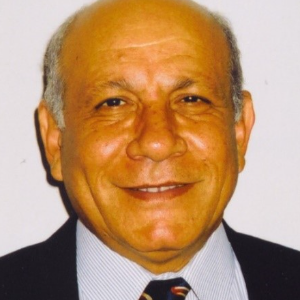Gasoline Blending is a crucial process in the petroleum refining industry, where different components are combined to produce a final gasoline product with the desired properties. The goal of blending is to create a fuel that meets regulatory specifications, environmental standards, and consumer demands. Gasoline consists of a mixture of hydrocarbons, and the blending process involves adjusting the composition of these hydrocarbons to achieve the desired octane rating, volatility, and other performance characteristics. Refineries typically produce various gasoline components through the refining and distillation of crude oil, and these components are then carefully blended to optimize fuel quality. Key components in gasoline blending include reformates, alkylates, isomerates, and oxygenates like ethanol. Reformates contribute to high octane ratings, alkylates enhance combustion properties, isomerates improve volatility, and oxygenates assist in meeting environmental requirements. Gasoline blending is a dynamic process that responds to market demands, seasonal variations, and regulatory changes. Advanced modeling and optimization techniques are employed to achieve cost-effective and efficient blending operations. The final blended gasoline undergoes rigorous testing to ensure it meets specifications for performance, emissions, and environmental standards. Gasoline blending plays a pivotal role in providing consumers with a high-quality fuel that powers internal combustion engines in automobiles and other vehicles. It reflects the industry's commitment to producing fuels that balance performance, efficiency, and environmental considerations in the ever-evolving landscape of transportation energy.

Anthony J Sadar
Environmental Science Communication, LLC, United States
Selim Sanad Shaker
Geopressure Analysis Services, United States
Sharma Dronamraju
AKD Professional Solutions Inc., United States
Ross Cygan Taylor
North Sea Transition Authority, United Kingdom
Saleh Alqahtani
Saudi Aramco, Saudi Arabia
Abdulrahman Bahashwan
Saudi Aramco, Saudi Arabia



Title : The Vacuum Insulated Heatable Curtain (vihc): From conceptual invention to market deployment as a cost-effective dual solution for window heat loss reduction and localised radiant comfort
Saim Memon, Sanyou London Pvt Ltd, United Kingdom
Title : Transforming waste plastic into hydrogen: Progress, challenges, and future directions in pyrolysis-based integrated pathways
Nur Hassan, Central Queensland University, Australia
Title : Unlocking UKCS potential through collaborative well interventions
Ross Cygan Taylor, North Sea Transition Authority, United Kingdom
Title : Driving excellence in marginal field development and operations through an integrated smart strategy to unlock challenging sour oil
Sharina Al Muhairi, ADNOC Onshore, United Arab Emirates
Title : Innovative solutions for accurate and efficient gas monitoring
Raysa Bani Ibrahim, Abu Dhabi National Oil Company, United Arab Emirates
Title : Innovative solutions for accurate and efficient gas monitoring
Mariam Alzaabi, Abu Dhabi National Oil Company, United Arab Emirates